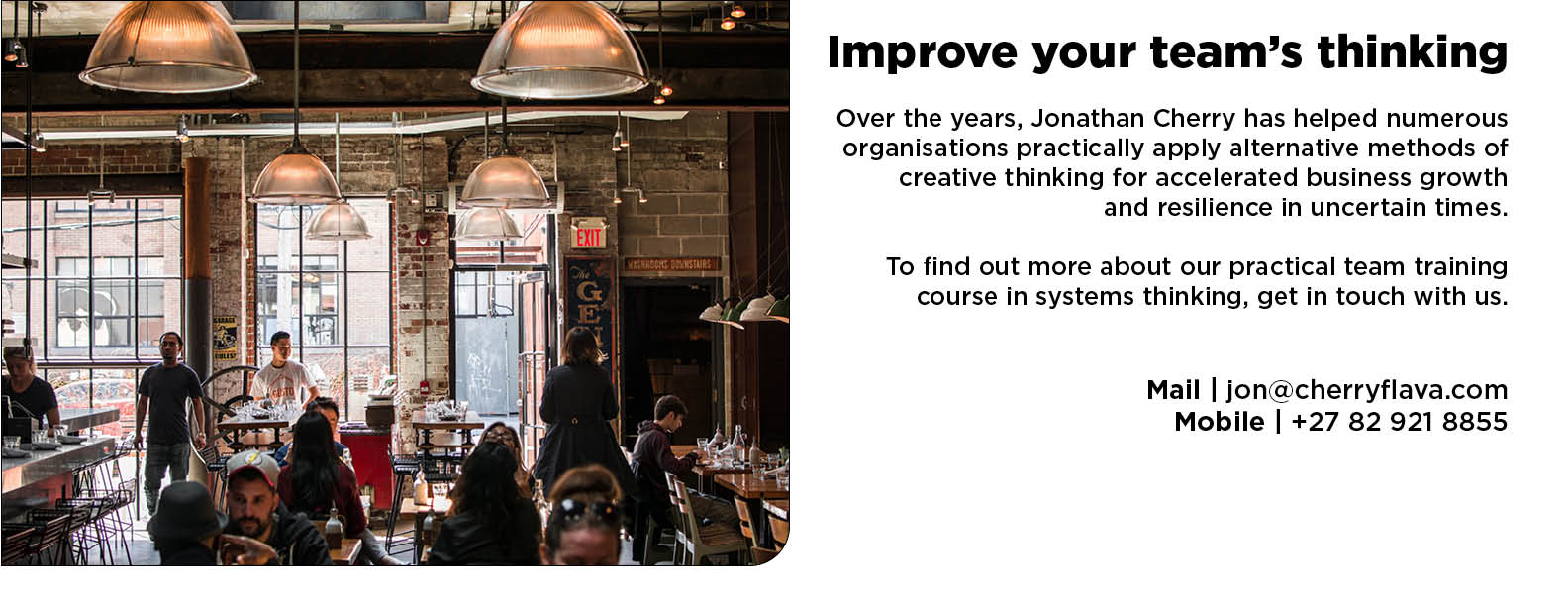Thinking about your future self
It is clinically proven to be a rather tricky thing to do.

Are you game for a quick thought exercise?
Quickly thinking about this: How different are you as a person today, compared to how you were 10 years ago?
Ten years is not a lot of time in the great scheme of things, but it is almost guaranteed that a lot would have changed in your life in the last 10 years.
Personally if I have to think back 10 years, my life today is unimaginably different to what it was back then.
Not in my craziest thoughts would I have been able to imagine my life in 2021 as it is now, way back in 2011. Thinking about it now like this, makes me realise what a journey I've been on; and I'm sure you've probably now had a similar realisation.
Now try this
Thinking back in time on how much you have changed is easy and enlightening, but here's the funny thing; try now projecting 10 years into the future how much you are going to change from here on.
Projecting your mind through the imagination 10 years from now (in the year 2031) is actually a far harder thing to do (even science says so); in fact it's so tricky that psychologists call the phenomenon 'the end of history illusion'.
The end of history illusion suggests that your mind actually convinces you that your personal history of growth and change ends in the present; you are sold the illusion that your future self will be almost exactly the same as the person that you are right now; which as this exercise shows - is total nonsense.
A failure of personal imagination
'“The end-of-history effect may represent a failure in personal imagination,” said Dan P. McAdams, a psychologist at Northwestern who has done separate research into the stories people construct about their past and future lives. He has often heard people tell complex, dynamic stories about the past, but then make vague, prosaic projections of a future in which things stay pretty much the same.'
This finding is alarming and should be of huge concern to us all.
It's a concern because it means that we are more capable of spending mental energy remembering a time in the past, over which we have absolutely no control or personal power to do anything about, than actively taking responsibility for creating the future-self that we actually want.
The ease of remembering outweighs the challenge of imagining.
It's as if our brains have tricked us into accepting the future as something of a random surprise, because it just takes too much brain power to imagine it to be any different from today.
Here's how you can however take control of the situation:
Acknowledge past-self, present-self, future-self
Of course this brain trick doesn't do us any favours because logically our past, present and future selves are three completely different people ; however a good antidote to the issue is to be aware of the difficulty in projecting images of yourself into the future and to actively set about practicing the alternative, imaginative thinking required to do it.
Practice makes perfect
Thinking about who you want to be in the future is not something that you do once and stop. Because our brains are wired to resist doing it, time travelling mentally into the future is an exercise that takes a lot of practice to get better at it.
Just think about how much effort it takes to be mindful of the present through the practice of meditation. Imagining your future self takes just as much dedication.
Journal your thoughts, try different techniques of encouraging your imagination, figuratively 'try on different hats' to see how they fit.
Set time aside once a day to do this and make it a ritual.
Write a story
Remembering facts and figures of your future self is not as memorable as crafting an interesting story of yourself. What you want to do here is create a compelling memory of your future self that is both vivid and motivating. Again, not something you just do once, it may take a few tries and repeated edits to get to the vision you really want.
A shift in personal time orientation
At the end of this active process what you will find is that you as a person are no longer automatically orientated towards the past, but rather you begin to bring clarity to the image of where you want to get to - your mindset becomes increasingly future-orientated. Your efforts and mind power then are also dedicated to bringing about the future image of what you are wanting to create, rather than dragging the weight of your past into an uncertain future.
The end of history illusion is a tough mental construct to wrangle with, but with a lot of practice it is certainly possible to decouple our thinking patterns from our pasts and rather towards what we want in the future of our lives.






